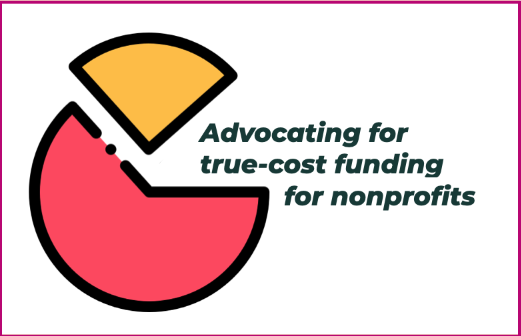JN Clarke Consulting recently wrapped up a five-week, comprehensive training on government relations with Global Affairs Canada (GAC), that ran between March 5th to April 4th. A customized training for working professionals in the international development sector in Canada, over 30 participants participated, spanning a number of Canadian international non-governmental organizations (INGOs),including Canadian Foodgrains Bank and the Adventist Development and Relief Agency International (ADRA).
The training provided participants with crucial foundational knowledge and best practices on how to effectively and strategically engage with GAC, framed within Jesse Clarke’s flagship approach to government relations, the Strategic Empathy Approach. The first few weeks of the training focused on understanding GAC within the wider Federal Government, breaking down the department and its various branches, the mandate of each branch, as well as the strict hierarchies in place when it comes to decision making.
What followed was a breakdown of the federal budget process, and key moments for INGOs to engage,including the importance of participating in the pre-budget consultation process; a valuable advocacy opportunity for INGOs. Participants were able to apply all their learning into the drafting of their organization’s very own GAC pre-positioning strategy, to guide their work after the course.

“We had four staff representing two different departments of the Canadian Foodgrains Bank participating in the “Engaging with Global Affairs Canada” course, and we all appreciated the individual and collective learning we took from it. Doing the training with our network colleagues was an added
bonus! The strategic empathy approach was particularly insightful as we continue to foster positive relationships with our GAC counterparts. The training was a great mix of theoretical learning andmpractical tools and approaches and we’re looking forward to further developing our internal strategy for GAC engagement. We highly recommend other Canadian international NGOs connect with Jesse and Diana if they want to improve their own approaches to working with GAC.”
Figure 2: Quote from Matthew Van Geest, Senior Manager, Program and Network Services with Canadian Foodgrains Bank
JN Clarke Consulting holds trainings throughout the year, that are open to the public, as well as customized for individual organizations and/or membership organizations working within the international development sector in Canada. Check our website for updates on when we are holding future trainings or reach out to us directly if you’re interested in having us develop a customized training for your organization!
-Written by Diana Apostolides











 A relatively new government of Canada tool, developed by the Treasury Board Secretariat, is a data visualization tool that allows Canadians access to key metrics on government departments, how they spend their money, deliver on their programs, the impact of their programming, and information related to their human resources. This tool is the
A relatively new government of Canada tool, developed by the Treasury Board Secretariat, is a data visualization tool that allows Canadians access to key metrics on government departments, how they spend their money, deliver on their programs, the impact of their programming, and information related to their human resources. This tool is the 




 In May and June 2023, I had the wonderful opportunity to travel across Canada and lead workshops on fundraising, equity, ethics, and decolonization for international cooperation organizations. These workshops part of the Building Equity series, which my team and I offered with Spur Change, the Global Affairs Canada-funded program focused on building capacity of small and medium-sized organizations working in the international cooperation sector across Canada. Each individual workshop was offered in partnership with regional or provincial councils for international cooperation, who organized the venue and logistics, invited participants and co-hosted workshops in their communities.
In May and June 2023, I had the wonderful opportunity to travel across Canada and lead workshops on fundraising, equity, ethics, and decolonization for international cooperation organizations. These workshops part of the Building Equity series, which my team and I offered with Spur Change, the Global Affairs Canada-funded program focused on building capacity of small and medium-sized organizations working in the international cooperation sector across Canada. Each individual workshop was offered in partnership with regional or provincial councils for international cooperation, who organized the venue and logistics, invited participants and co-hosted workshops in their communities.
